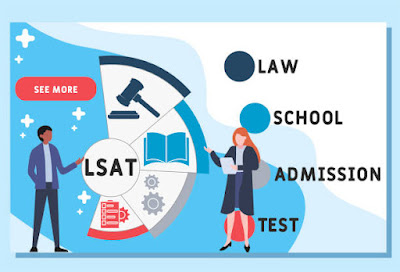Given how sleek and heavily regulated the modern world is, there is no more precious skill than being able to navigate legal processes. For professionals working outside the law field, a Master of Legal Studies (MLS) is an option to bolster their legal understanding without entering the practice of law. The versatile degree is geared toward professionals across industries who face legal challenges on a regular basis, including business, healthcare, government, and human resources.
What is a Master of Legal Studies (MLS)?
An MLS is a graduate degree intended for practitioners who want a knowledge of legal principles to enhance their work, but do not need to be a practicing lawyer. Unlike a Juris Doctor (JD), which is for students intending to practice law, the MLS is a degree emphasizing practical applications of the law. Students learn about contracts, compliance, dispute resolution, and regulatory structures relevant to their industry.
This is especially attractive to the non-lawyer who views the skill of navigating legal complexities as a competitive advantage, whether it’s in connection to drafting contracts, dealing with compliance issues, or managing employee relations.
Who Should Consider an MLS?
The Master of Legal Studies is designed for professionals who encounter legal or regulatory issues but do not require a law license. An MLS can help HR managers wade through the intricacies of employment law, for example, which helps keep their companies compliant with labor laws. Healthcare administrators also can utilize the degree to understand patient privacy laws and ethical challenges in a medical organization.
Other sectors that gain include finance, where legal expertise helps with contract negotiation and risk management, and real estate, where understanding zoning laws and property regulations is vital.
Advantages of an MLS Degree
Perhaps the most significant value of obtaining an MLS is the flexibility of the program to fit your career aspirations. Most institutions offer concentrations in fields, e.g., business law, healthcare law, or intellectual property so that students can have a focus. In addition, most broad degree programs are flexible, offering online and part-time formats that cater to working professionals.
The benefit of obtaining an MLS is that it allows graduates to approach-handle complex legal scenarios, which means including a strong professional edge. Often, this knowledge in advance translates to better promotions, salary hikes, and job satisfaction.
Conclusion
The Master of Legal Studies (MLS) is a powerful credential that helps professionals straddling a line between expertise and the generating legal challenges they encounter in their work excel in today’s workplace. Whether you want to build on your current role or transition to a more legal-focused career, an MLS can open doors and help you make informed decisions in a complex world.
The MLS remains one of the most flexible degrees with a plethora of career opportunities in different industries as more organizations navigate regulatory environments.
Cameron Martin is the author of this article. To know about steps to apply for LSAT vs GRE please visit our website: lsac.org





Comments